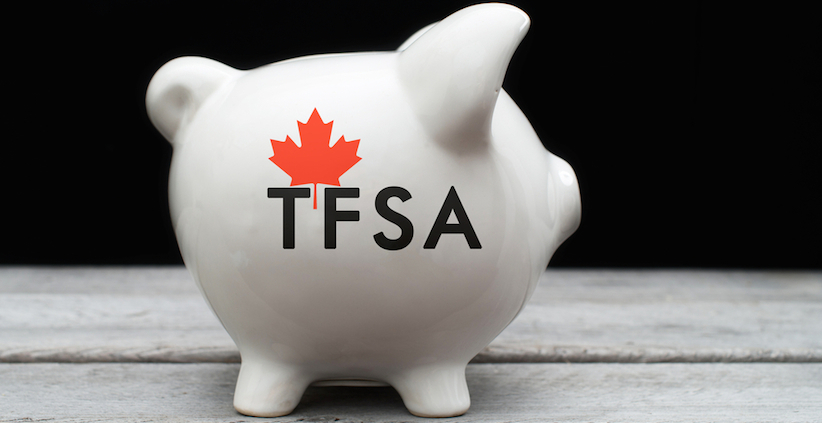The income sprinkling rules outlined in July 2017 held strong and the rules pertaining to passive investment income weren’t as harsh as predicted. Specifically, Budget 2018 has implemented two simple measures as it pertains to passive investment income:
- Limiting Access to Small Business Tax Rate
Budget 2018 proposed to provide for an alternative reduction to the small business tax rate where a Canadian Controlled Private Corporation (CCPC) and its associated corporations have investment income in the year exceeding $50,000. The amount of the reduction is $5 for every $1 of investment income exceeding $50,000. In effect, the small business tax rate reduction disappears if passive income in a related business exceeds $150,000 in a fiscal year.
- Refundable Taxes on Investment Income
Currently, private corporations are entitled to claim a tax refund equal to $38.33 for every $100 of taxable dividend Where the corporation has a combination of regular business income (taxed at the regular business rate which does not include a refundable tax element) and investment income (taxed at the corporate investment rate which includes a refundable tax component), planning was commonly implemented to have the business income distributed by way of eligible dividend (taxed at a lower rate) while still being able to claim the tax refund.Budget 2018 proposes to modify the refundable tax regime to eliminate this planning and ensure that, in general, the private corporation is entitled to a dividend refund only when non-eligible dividends are paid.
There are ways to reduce the impact the business tax changes outlined within Budget 2018 through other financial strategies. These strategies may include Individual Pension Plans, Cash Value Insurance, as well as the strategic use of prescribed loans. We highly recommend contacting your financial advisor to determine which of these strategies will best suit your financial situation.
____________
If you have any questions on this taxes, or the different kind of impact it could have on you, please, do not hesitate to contact us!
Connect Wealth is an independent financial planning firm that offers holistic advice to clients based on their current goals and future aspirations. We use well-established workflows and cutting edge technology to maximize financial efficiencies while simplifying the process for clients. Learn how you can maximize your financial opportunities at connectwealthp.wpengine.com






